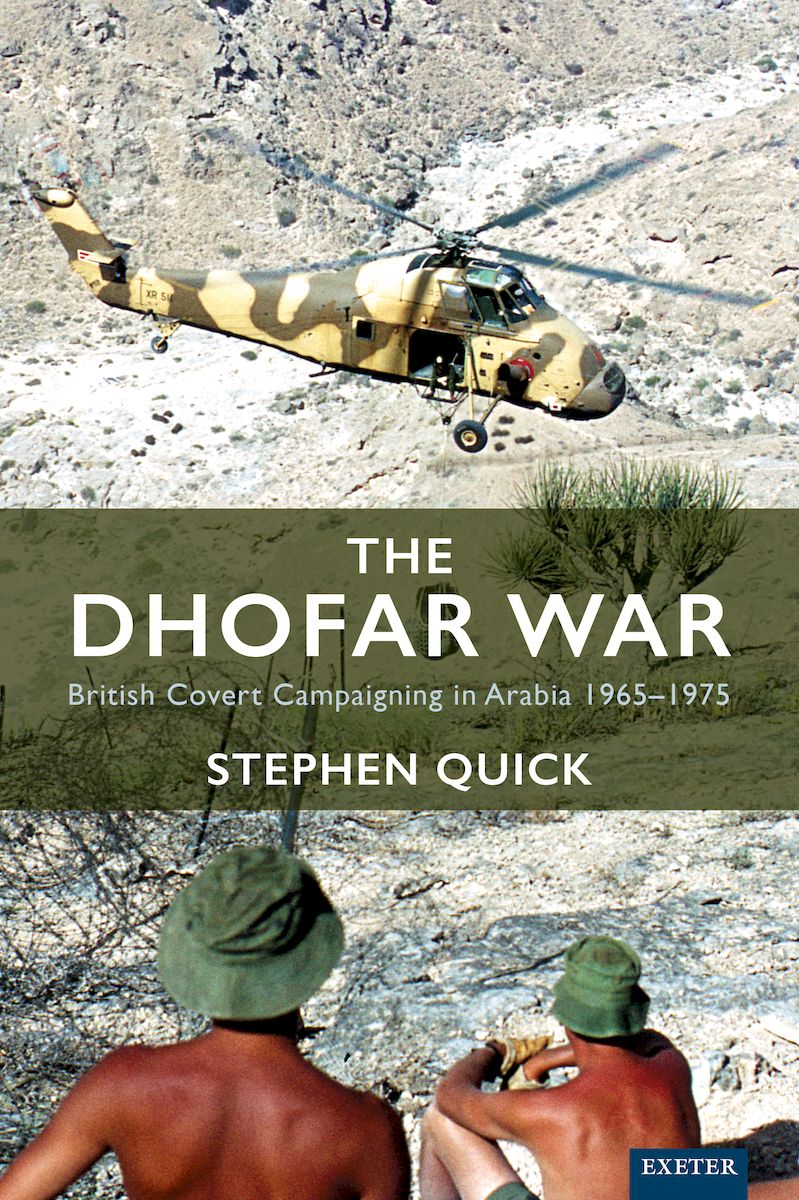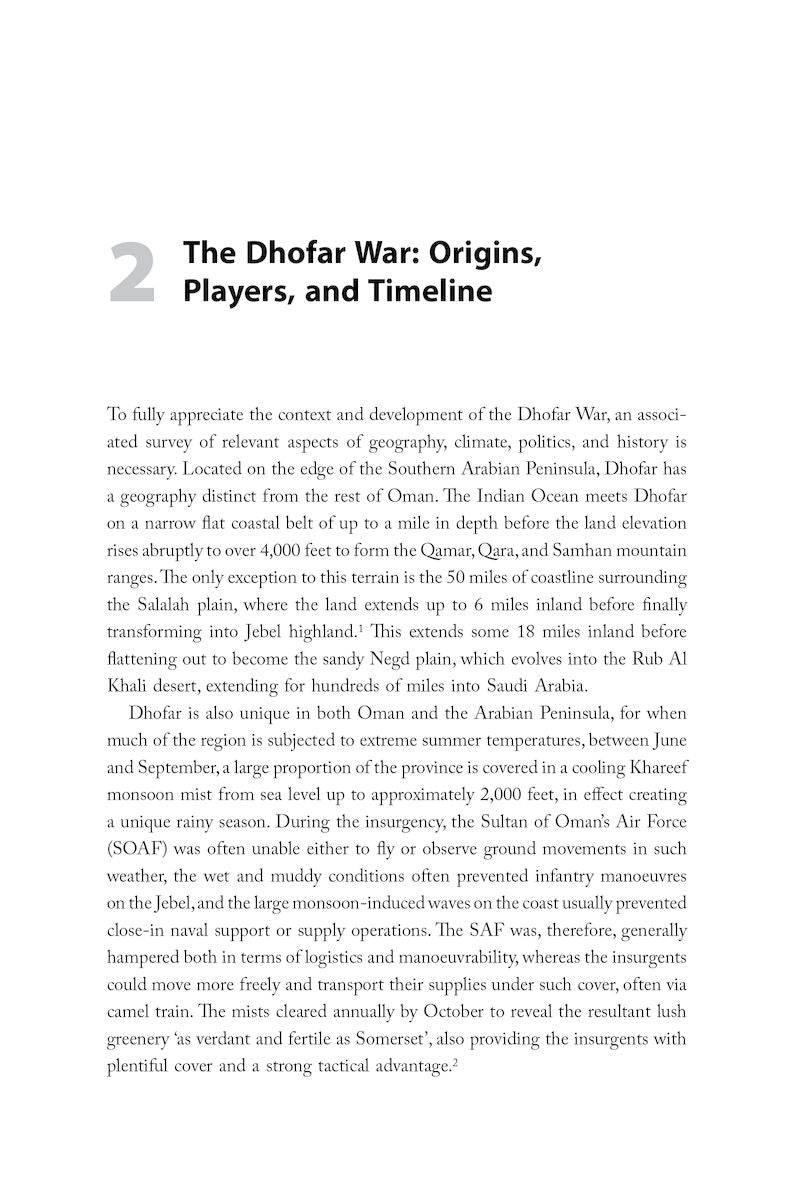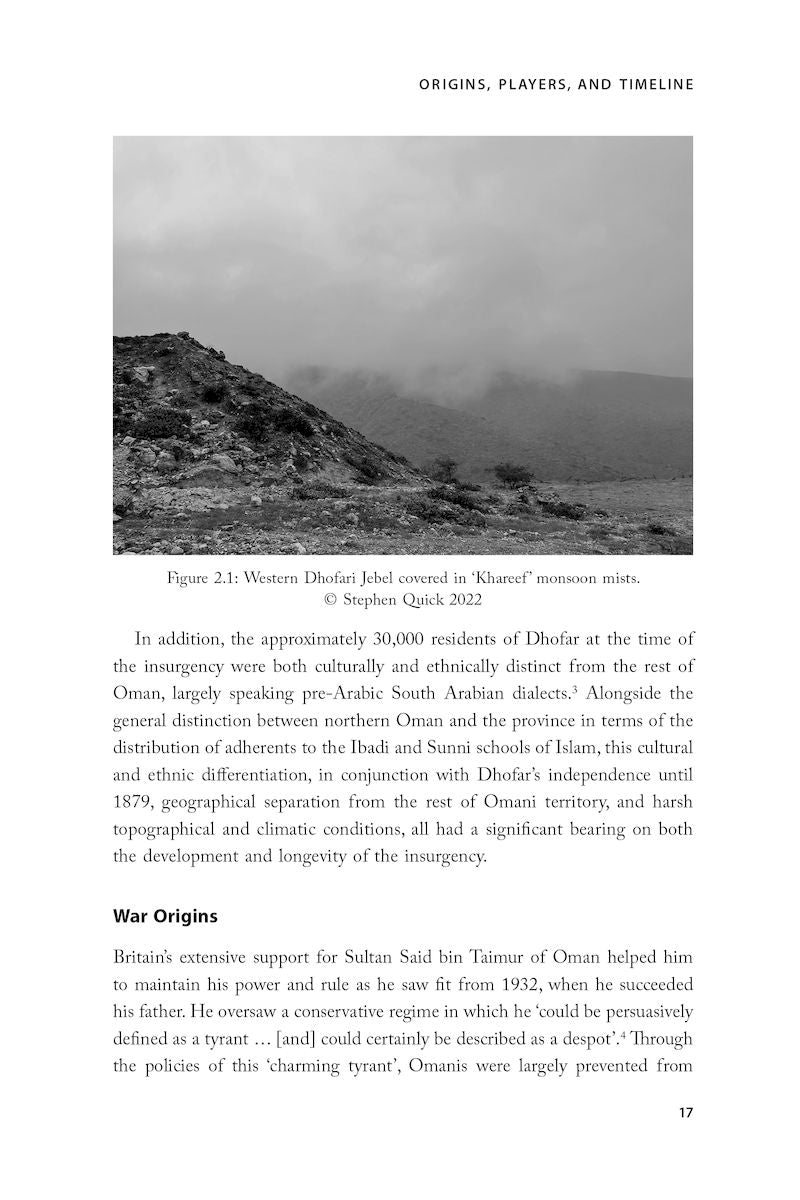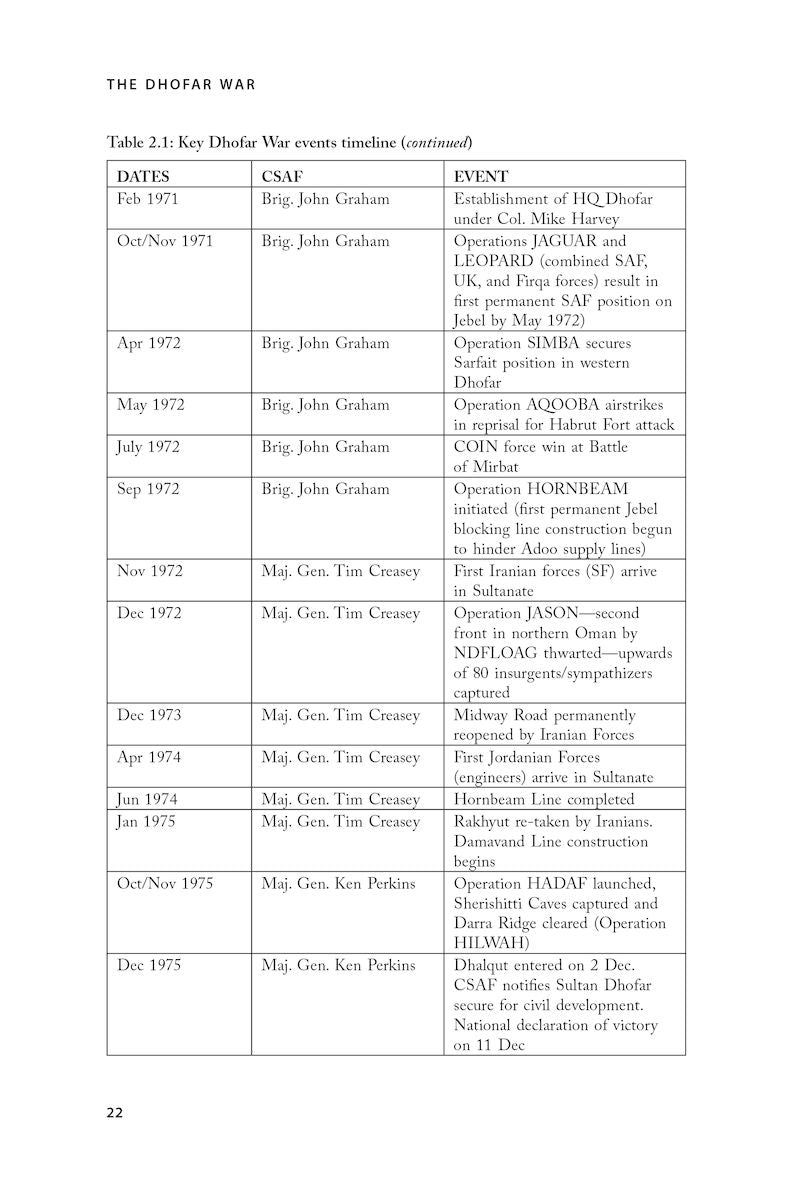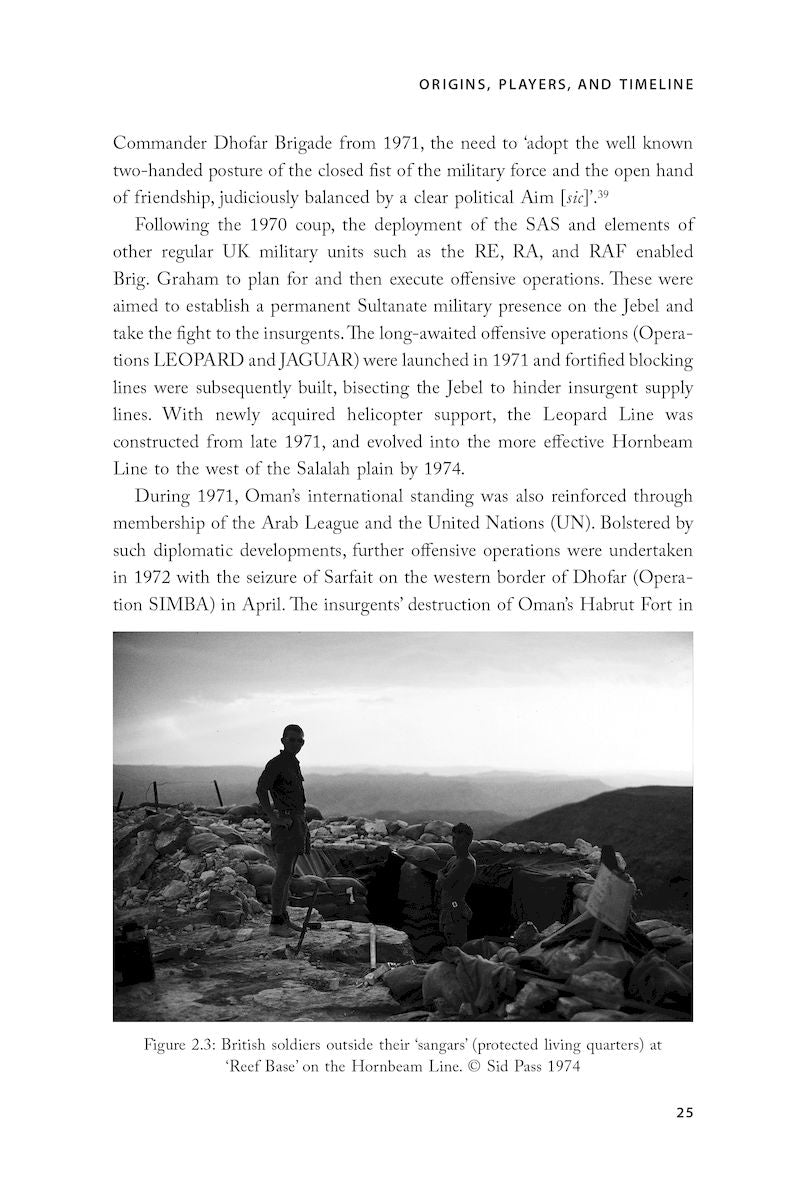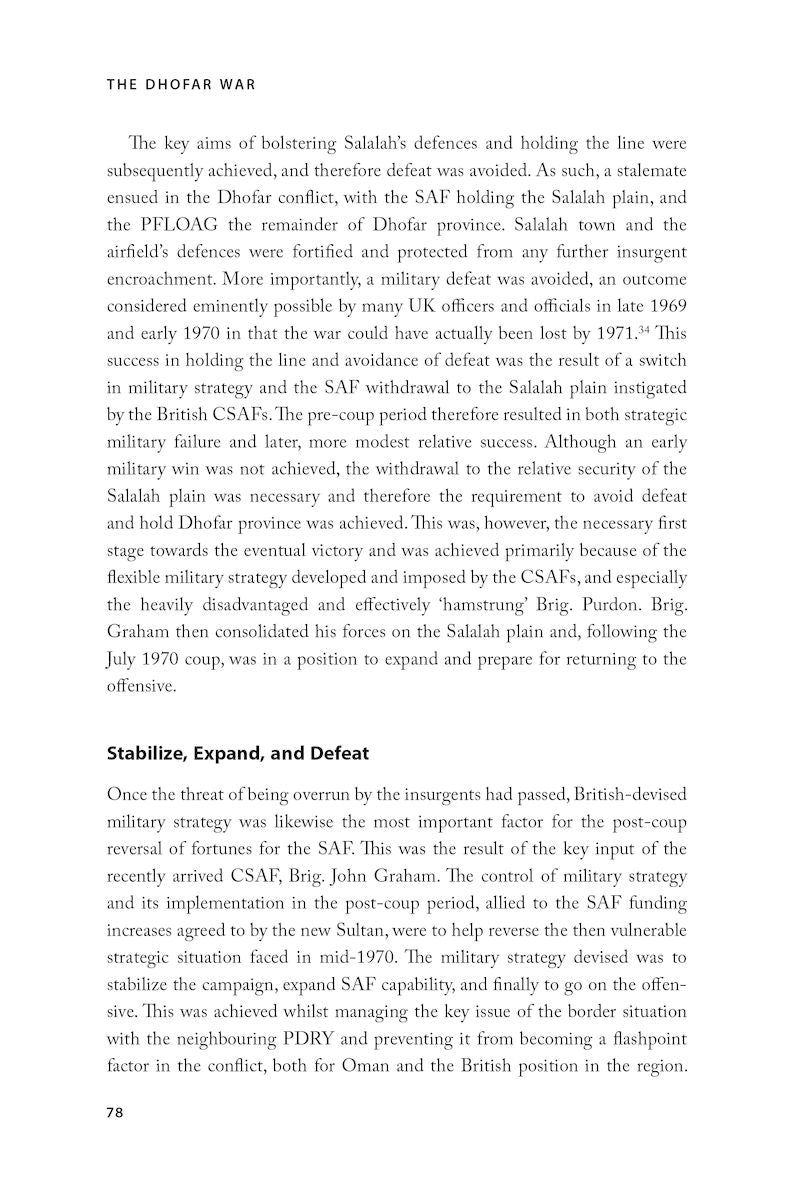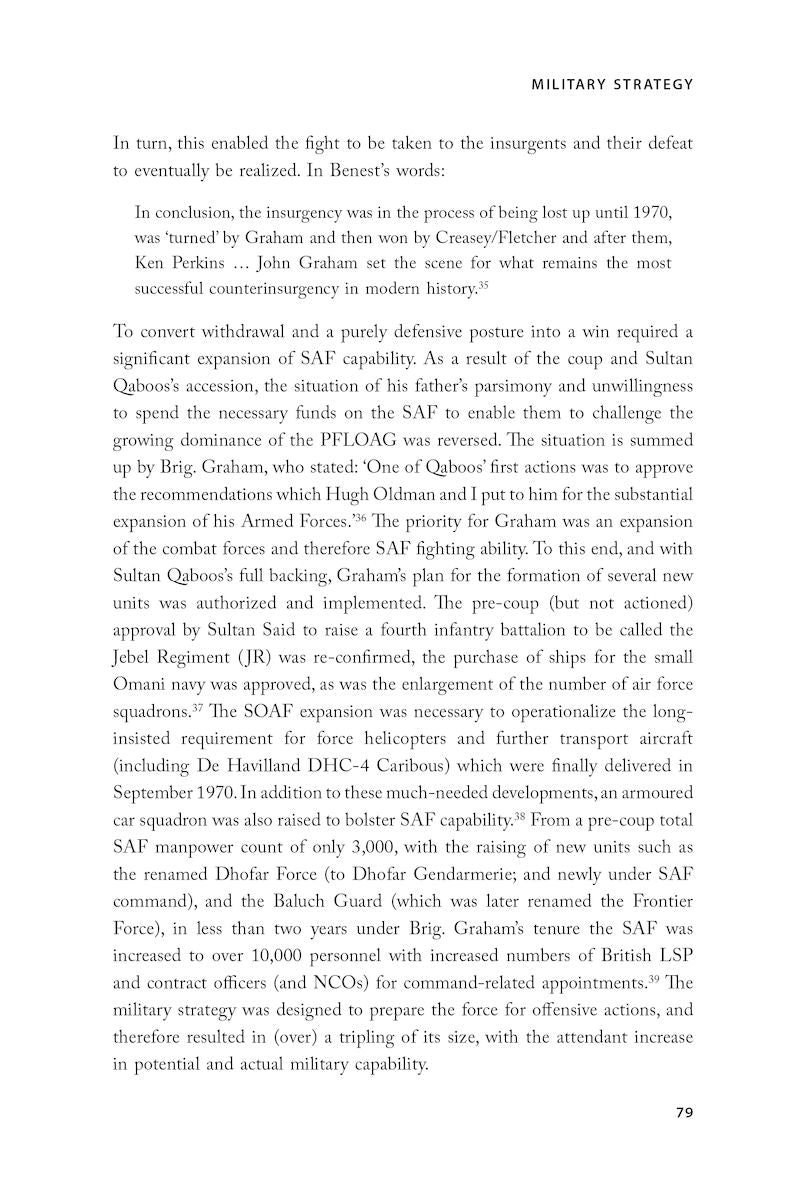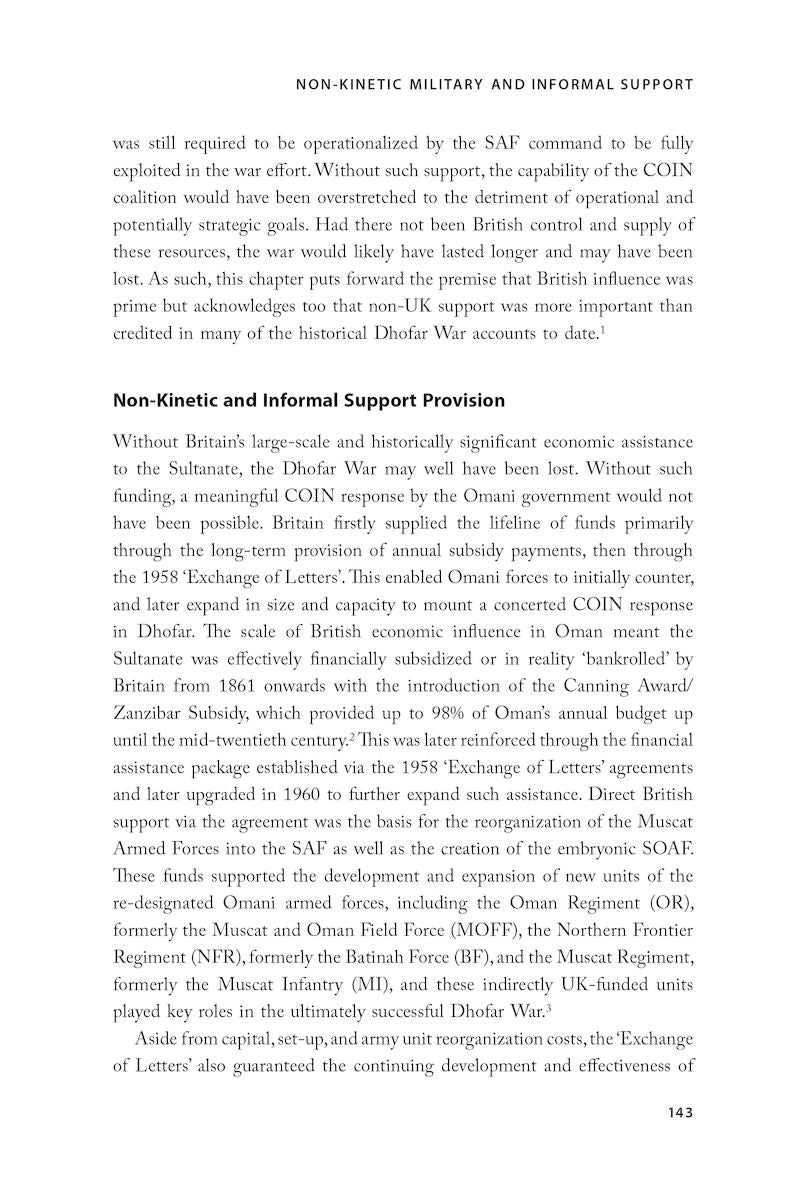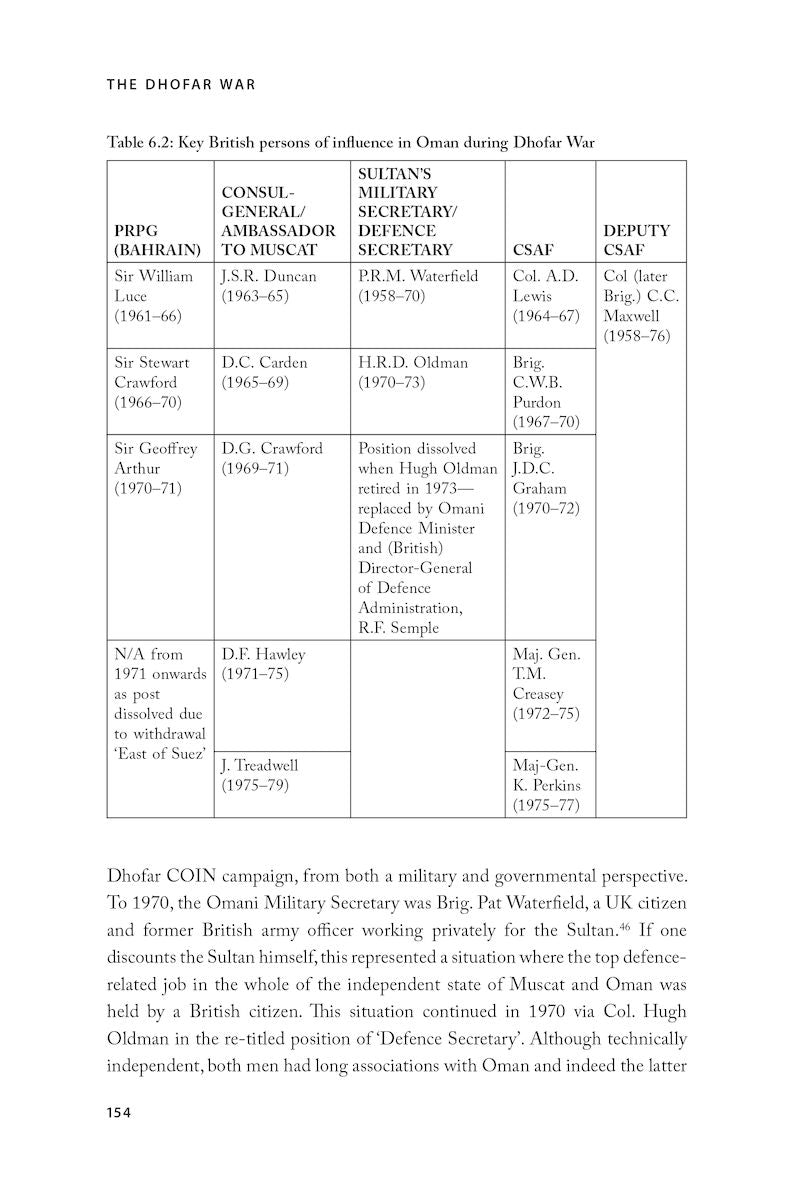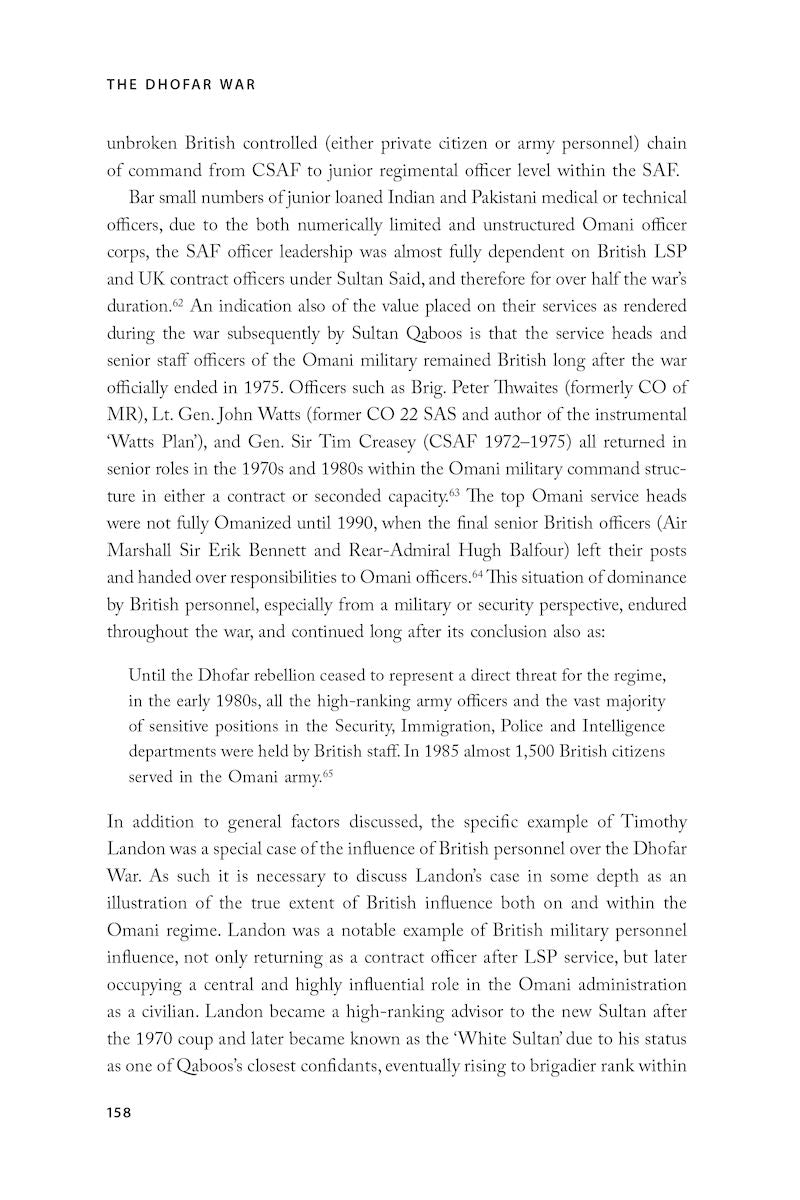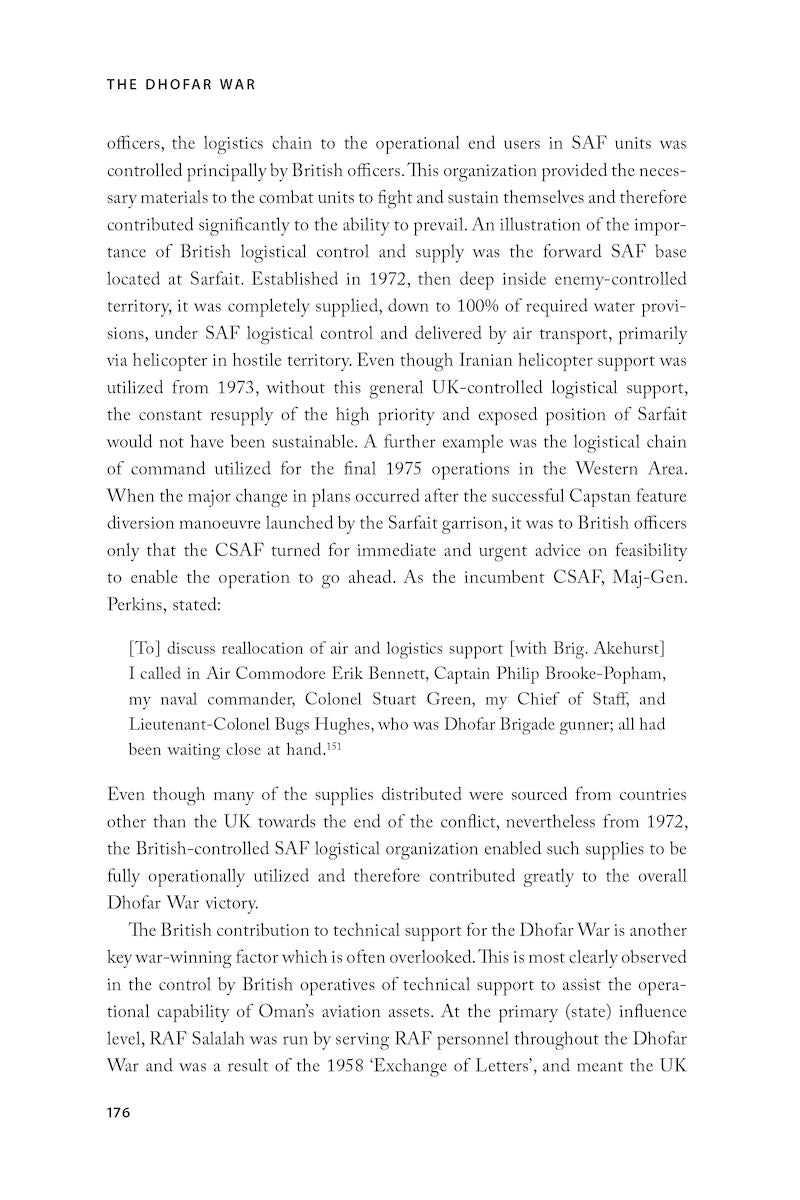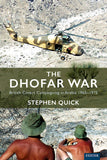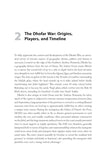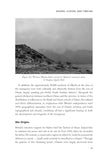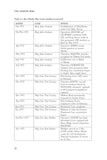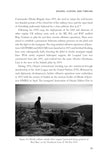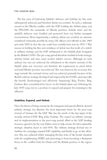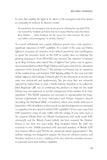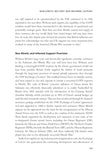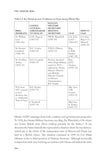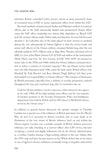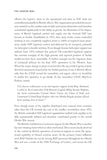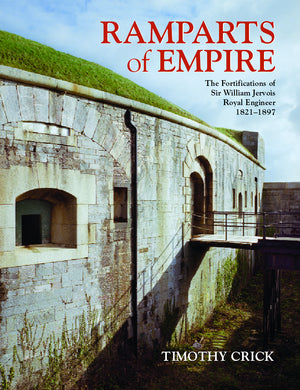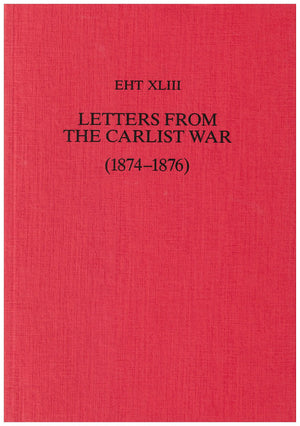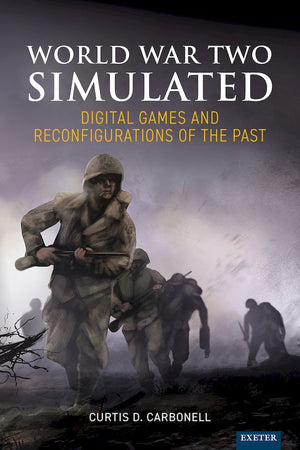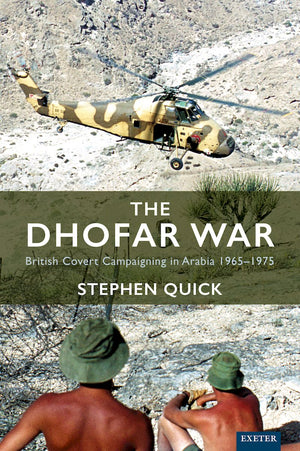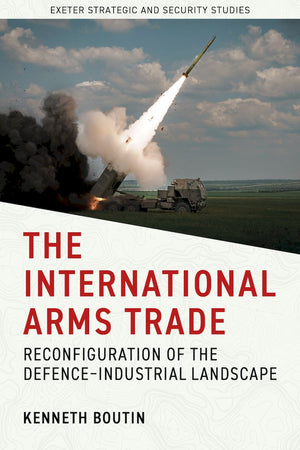University of Exeter Press
The Dhofar War
British Covert Campaigning in Arabia 1965-1975
Couldn't load pickup availability
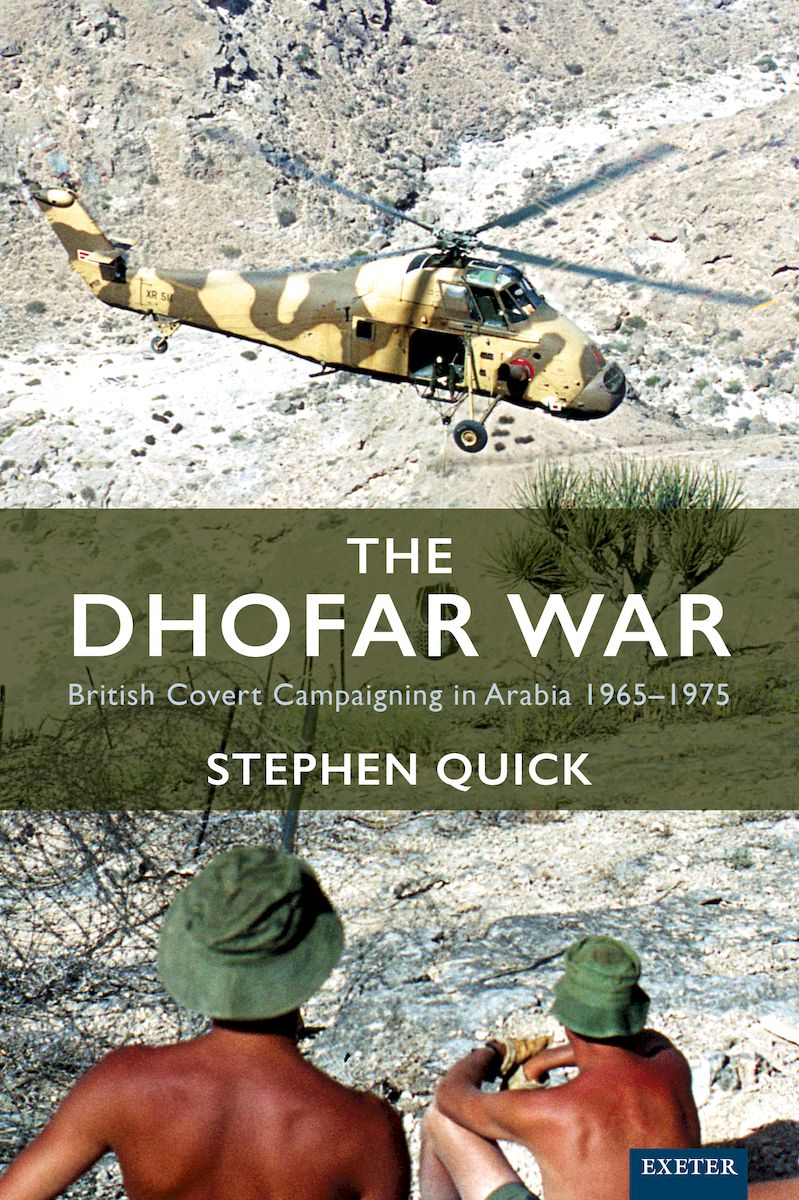
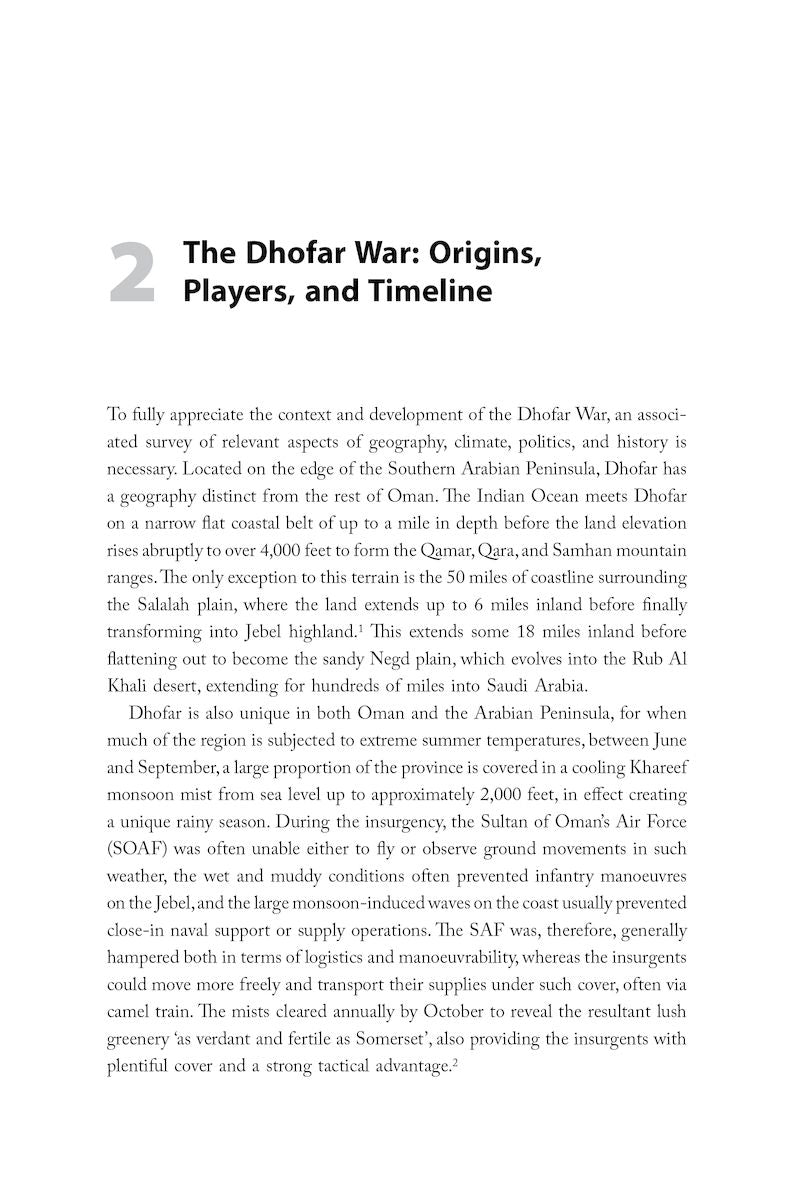
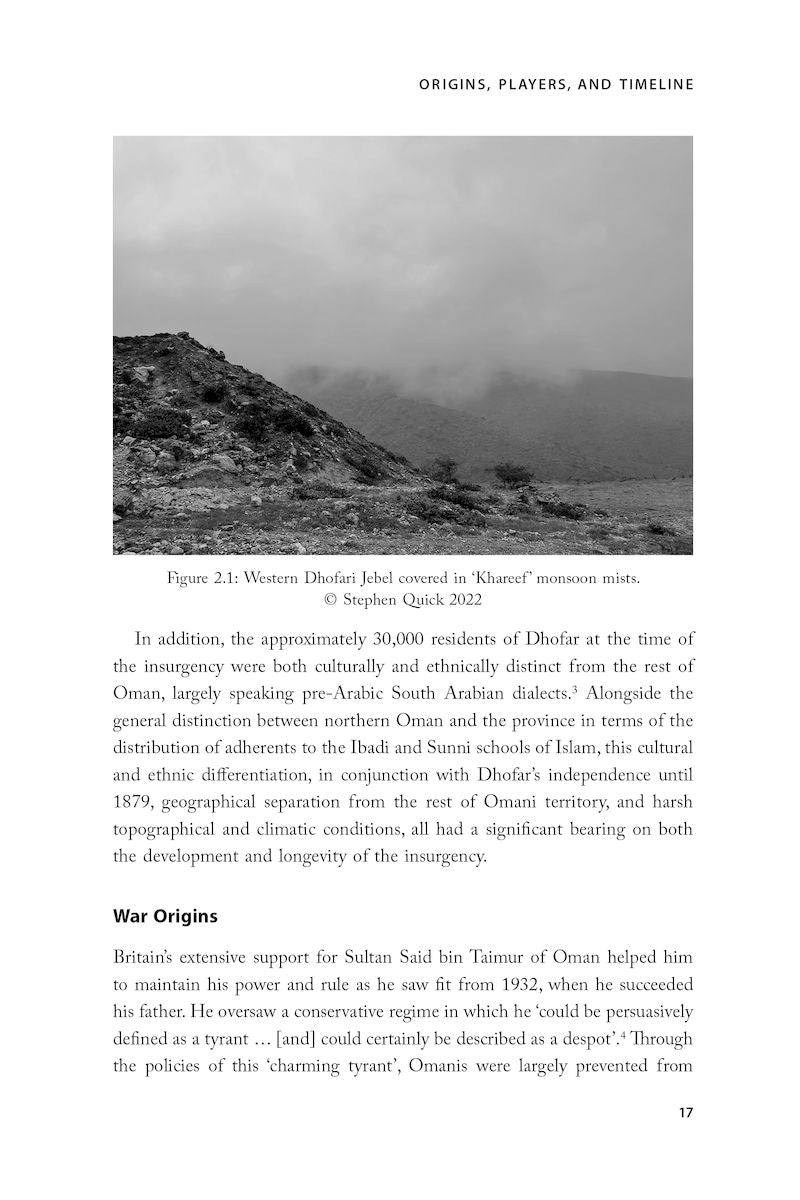
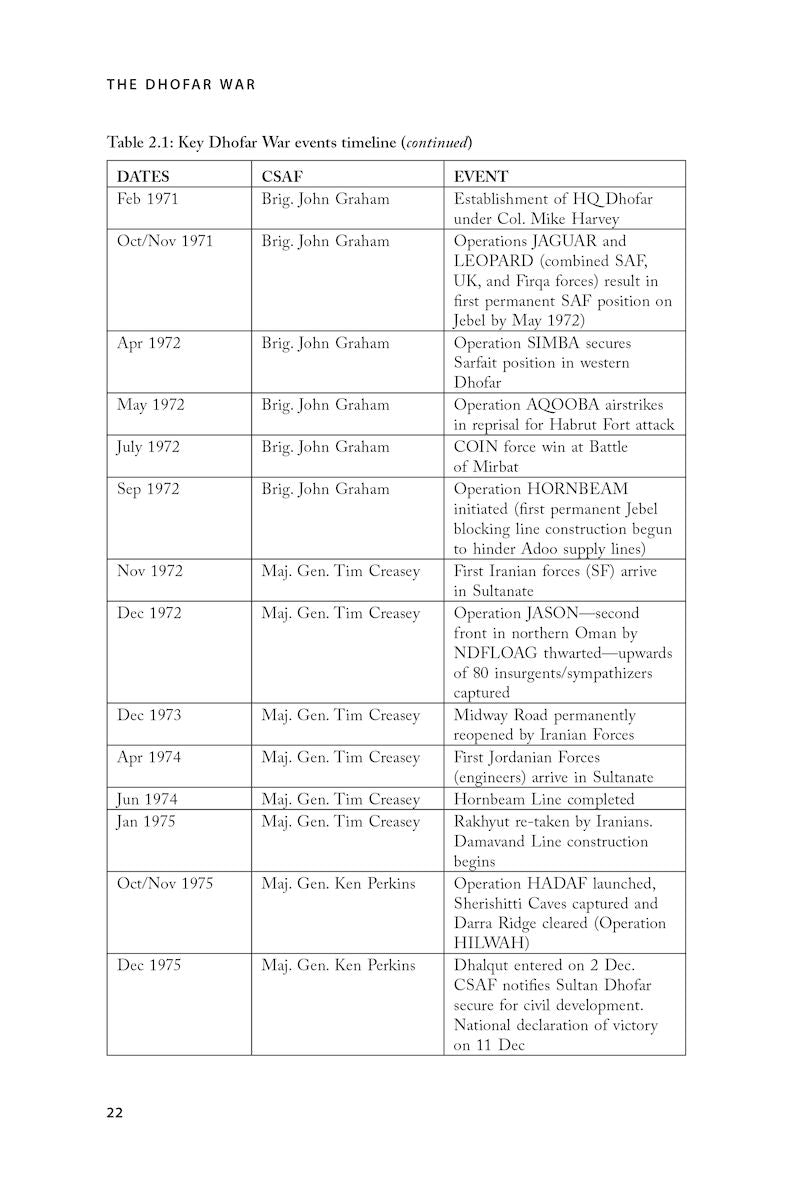
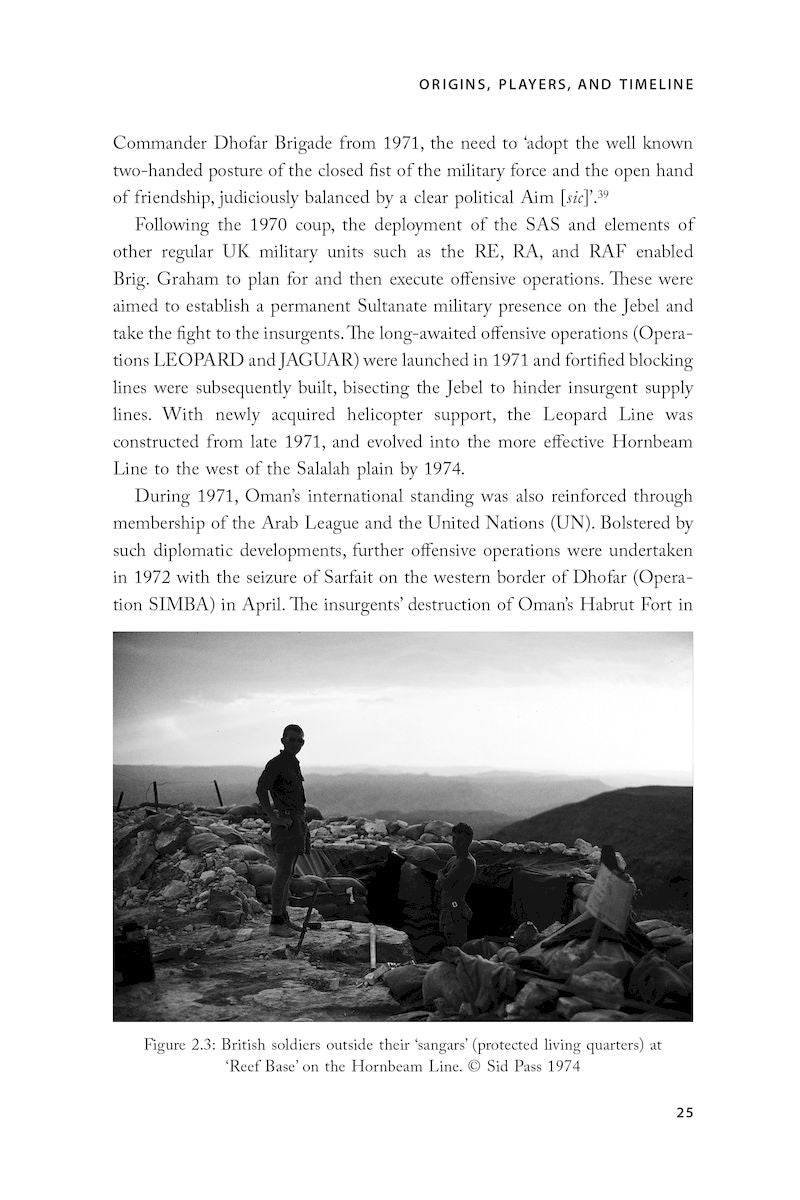
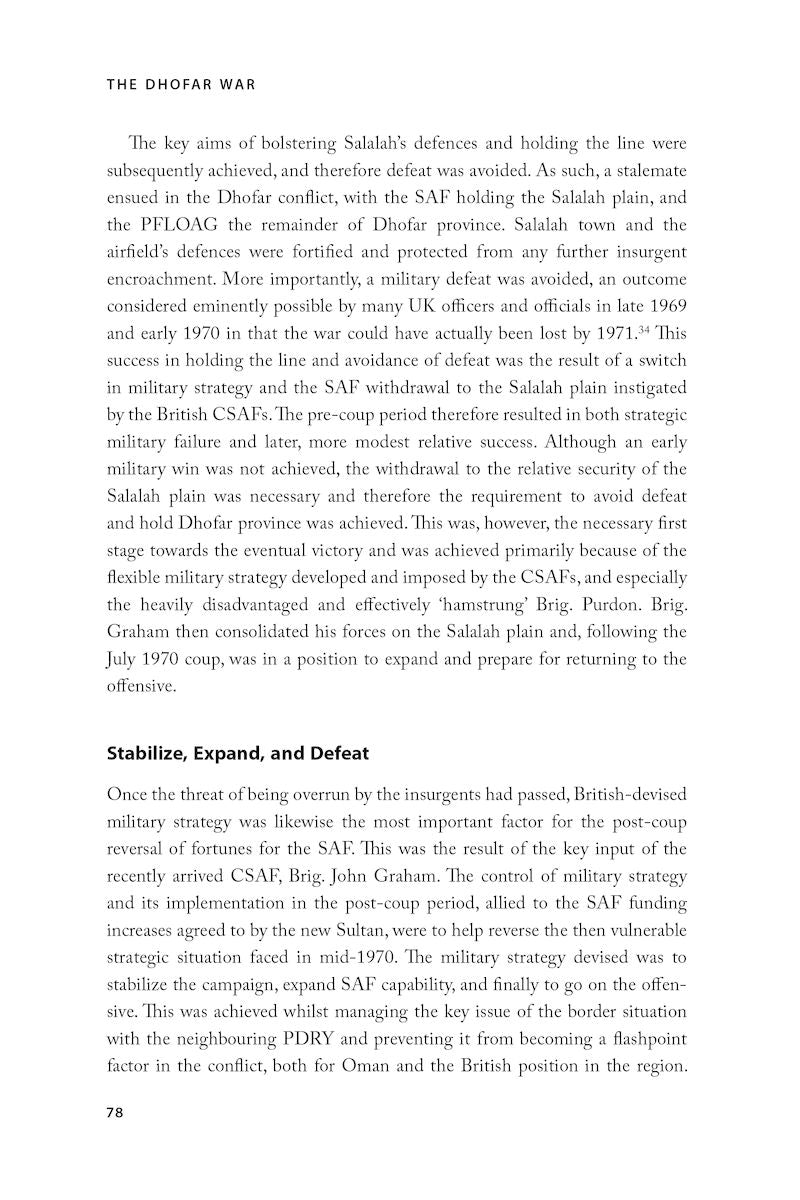
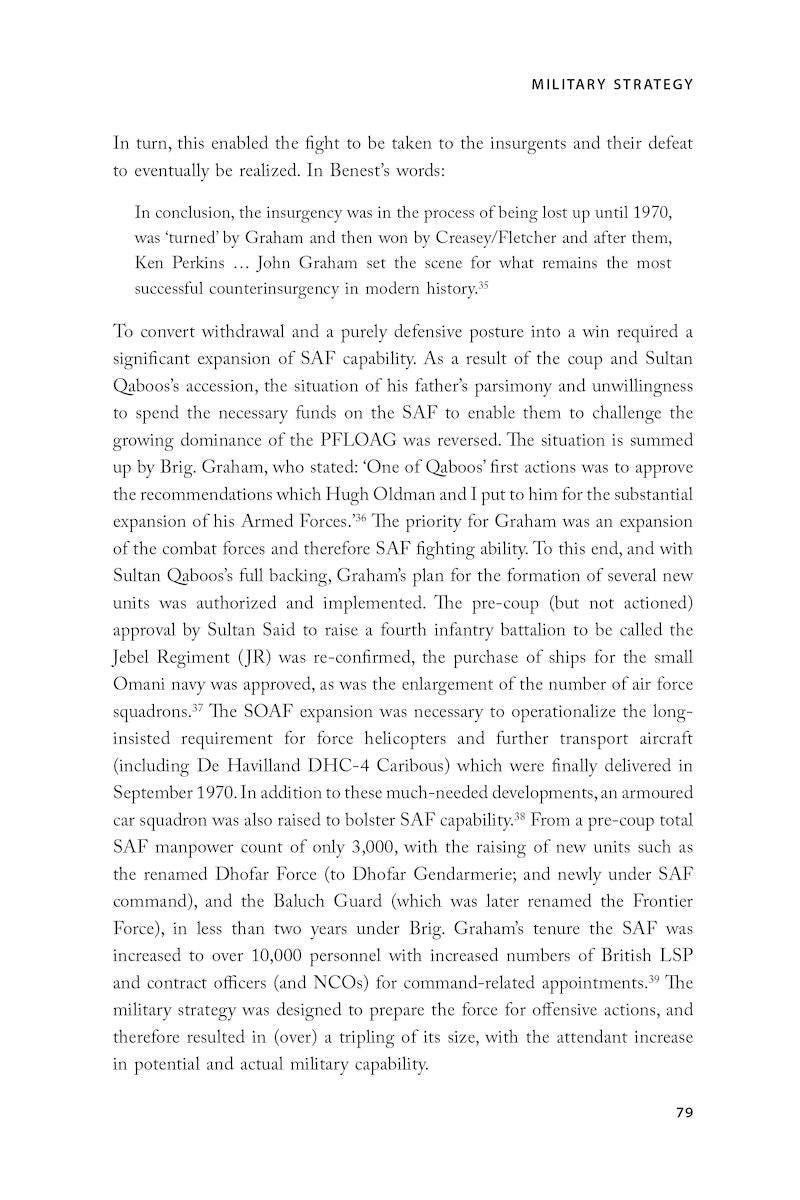
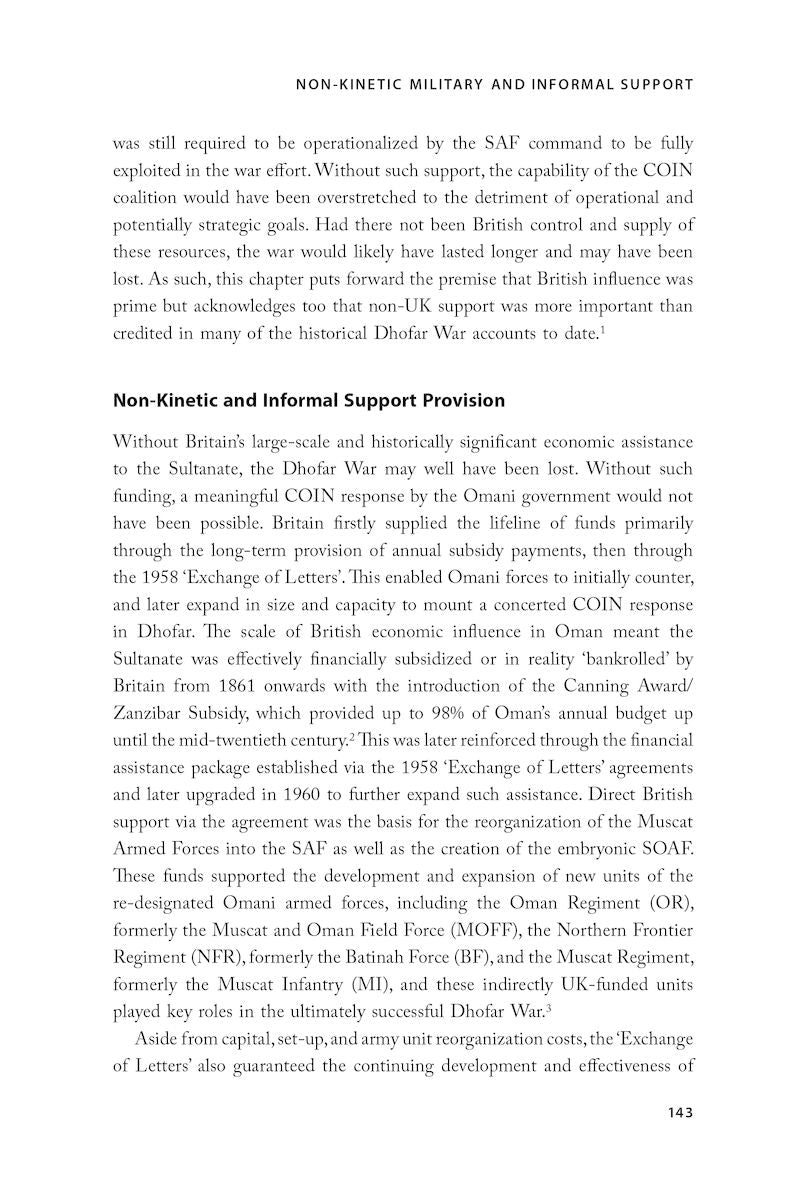
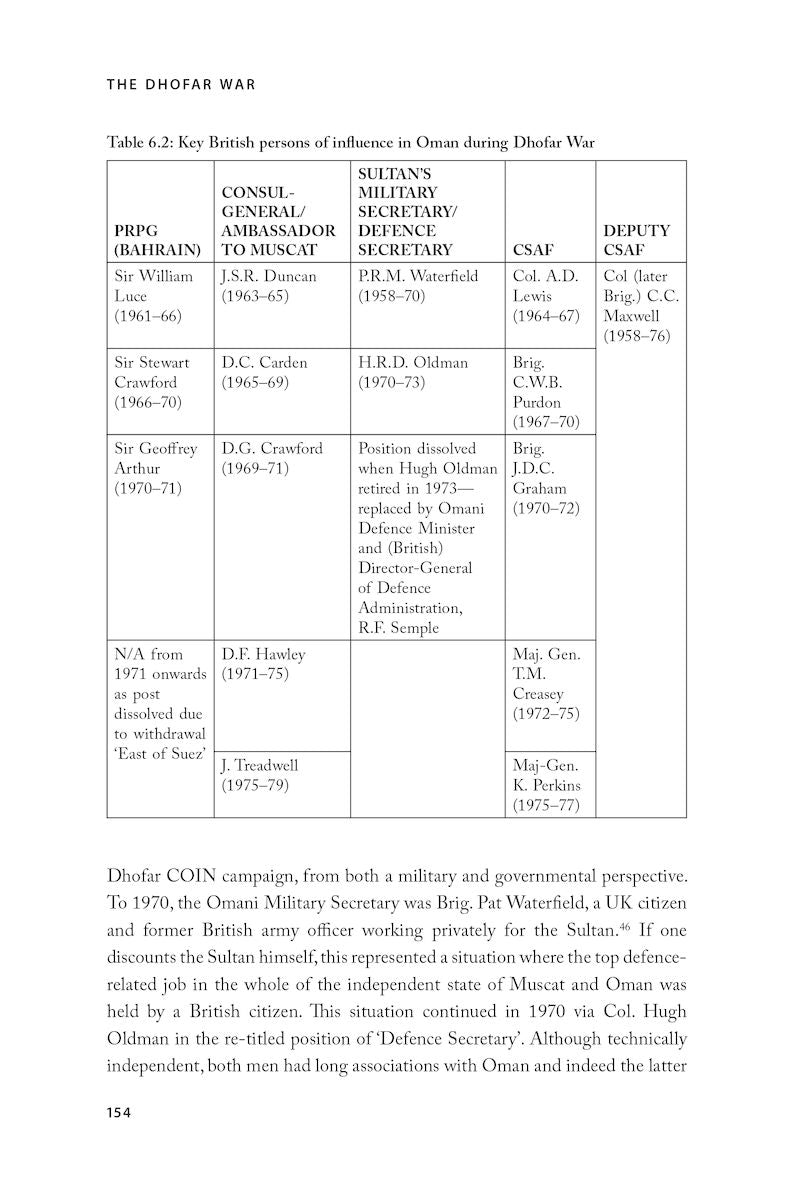
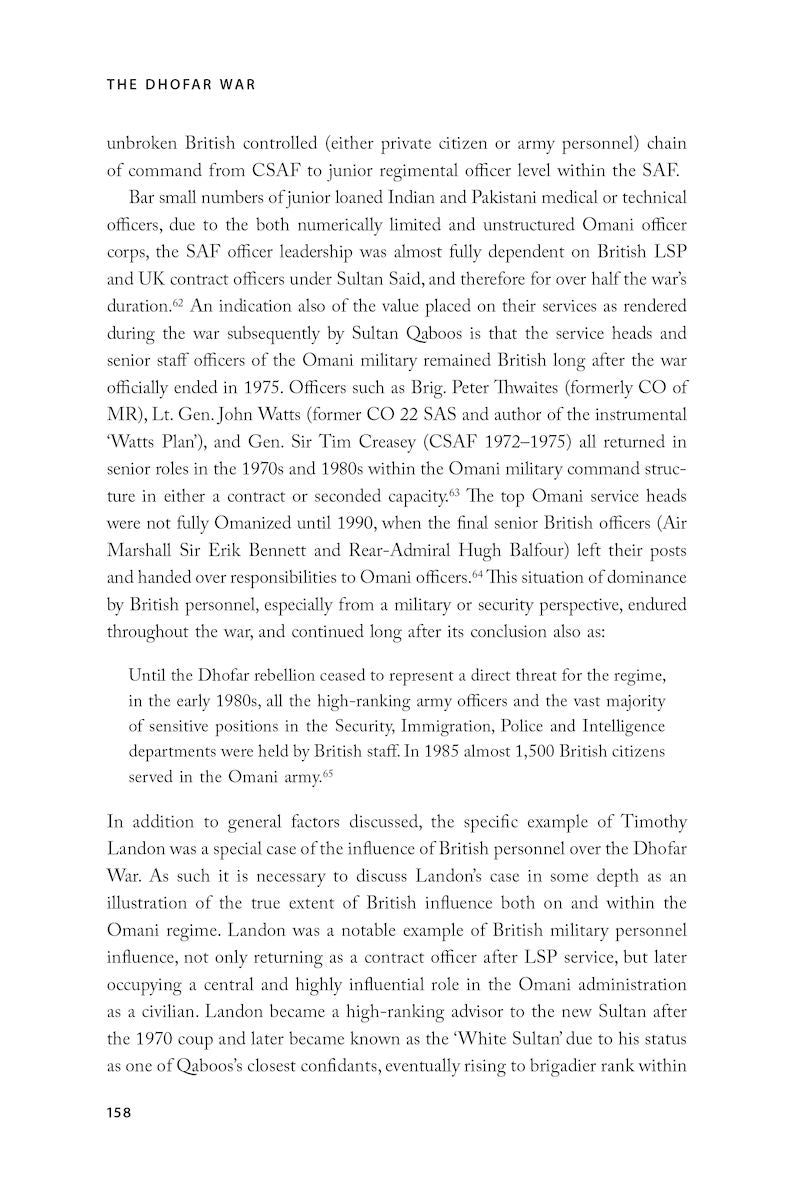
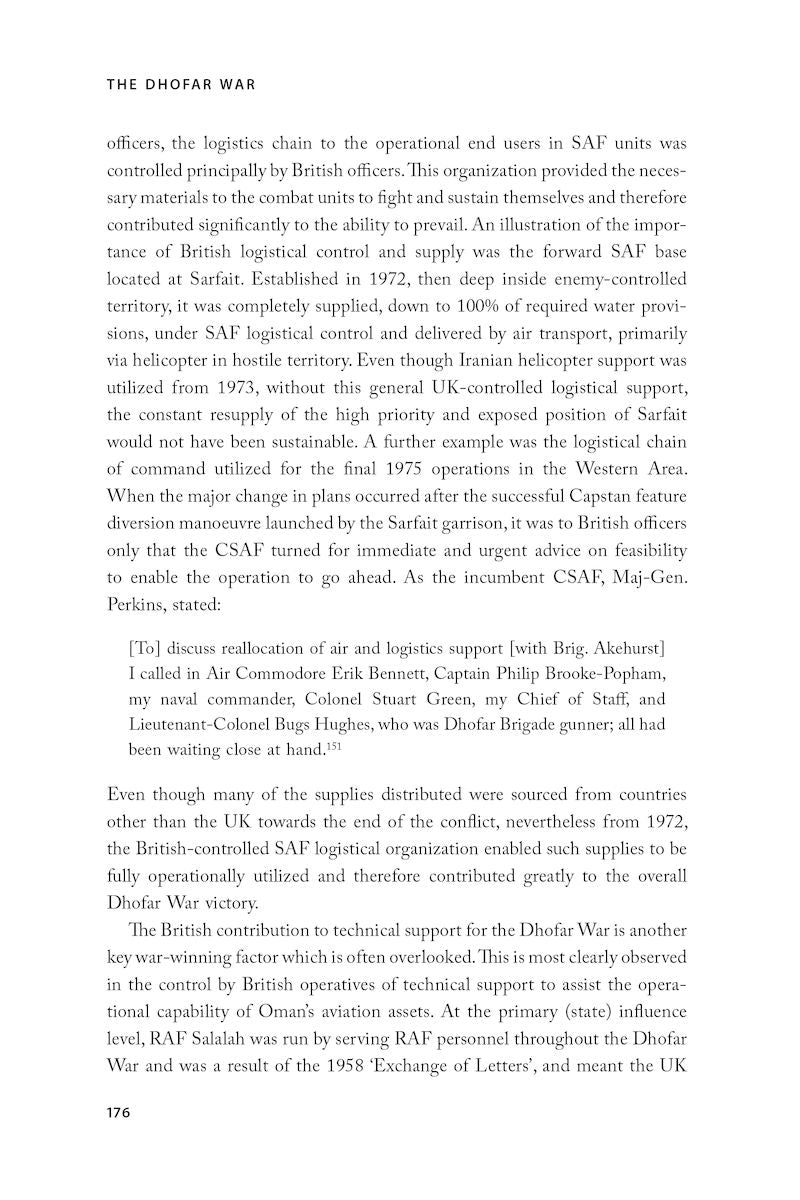
- 252 Pages
Finalist for the SAHR Chapple Prize for Best First Book on British Military History
Between 1965 and 1975, Britain discreetly supported the Sultanate of Oman in achieving a historic Cold War-era counterinsurgency win in its remote Dhofar Province. To date, this role has traditionally been represented either in terms of a narrow operational success or has been reduced to one of failure-oriented peripheral player. The Dhofar War: British Covert Campaigning in Arabia 1965–1975 re-examines the historical record to present a more balanced verdict of the war and the overall importance of the UK’s role.
In an original approach, the author puts forward the case that the hitherto undersold scale of UK military and non-martial assistance to Oman during the Dhofar War was the primary war-winning factor. Alongside this, he makes the key assertion that Britain’s role changed significantly throughout—from dominance in facilitating the war’s prosecution, to one that was more advisory or support oriented as the Sultanate fought back against a communist-backed insurgency.
With in-depth research undertaken in archives and collections in the UK and Oman, the author caters for a broad international audience. The book will be of interest to students and scholars of military, counterinsurgency and Middle Eastern/Arabian Peninsula history, the military and governmental policy community, and members of the public with an interest in this region’s history.
Fought largely out of the public eye, the Dhofar War was one of the most successful western-led counterinsurgency campaigns of the Cold War. Drawing on recent scholarship, memoirs and material from multiple archives, Stephen Quick’s study demonstrates clearly the importance of Britain’s contribution to this victory. Just as significantly, it shows how Britain’s role evolved over the course of the conflict.
Dr. Nikolas Gardner, Professor of Strategy, UAE National Defence College
A highly successful counter-insurgency campaign, the secret war in Dhofar remains virtually unknown. Rigorously contesting existing analyses, Stephen Quick’s important new study expertly demonstrates the changing British role in facilitating a rare victory for the West in the Cold War era.
Professor Ian F W Beckett, University of Kent
This highly readable book provides a fresh treatment of this little-known, yet significant, hot war of the Cold War. Moving deftly between the high politics of diplomacy and strategy to deadly tactical engagements between rebels and British and Omani forces, The Dhofar War captures the complexities and nuance of a declining imperial power, Britain, orchestrating a counterinsurgency campaign on the cheap.
Ash Rossiter, Associate Professor of International Security, Khalifa University
The Dhofar War is a precious monograph that offers a new look at a much-discussed conflict. It sheds new light on a major episode in the modern history of the Arabian Peninsula, when the decline of the British Empire led to new forms of Western influence in the region. It also provides a nuanced case study about the complexities of counter-insurgency campaigns that remains relevant today.
Jean-Loup Samaan
Singapore Middle East Institute
Quick does an excellent job in weaving the strands of his narrative together across six key chapters... a substantive contribution to understanding the British legacy in the Sultanate
Professor Clive Jones
The Middle East Journal
Quick is to be congratulated for his scholarly, interesting study of a pertinent, successful British ‘COIN’ case study that will be of great value to military history and students of the British army.
Matthew Hughes
Journal of the Society for Army Historical Research
In this comprehensive and balanced account of the Dhofar War, the author’s arguments are effectively presented and backed up with research. The book is interesting not only due to its non-political bent, but also that it informs the modern public about a war few of them are even aware of.
Christopher Miskimon
Warfare History Network
1. Introduction: A Rare Cold War Success
2. The Dhofar War: Origins, Players, and Timeline
3. Politics and Diplomacy
4. Military Strategy
5. Military Operations and Tactics
6. Non-Kinetic Military and Informal Support
7. Conclusion: ‘Cut from a Different Cloth’
Notes
Bibliography
Index







